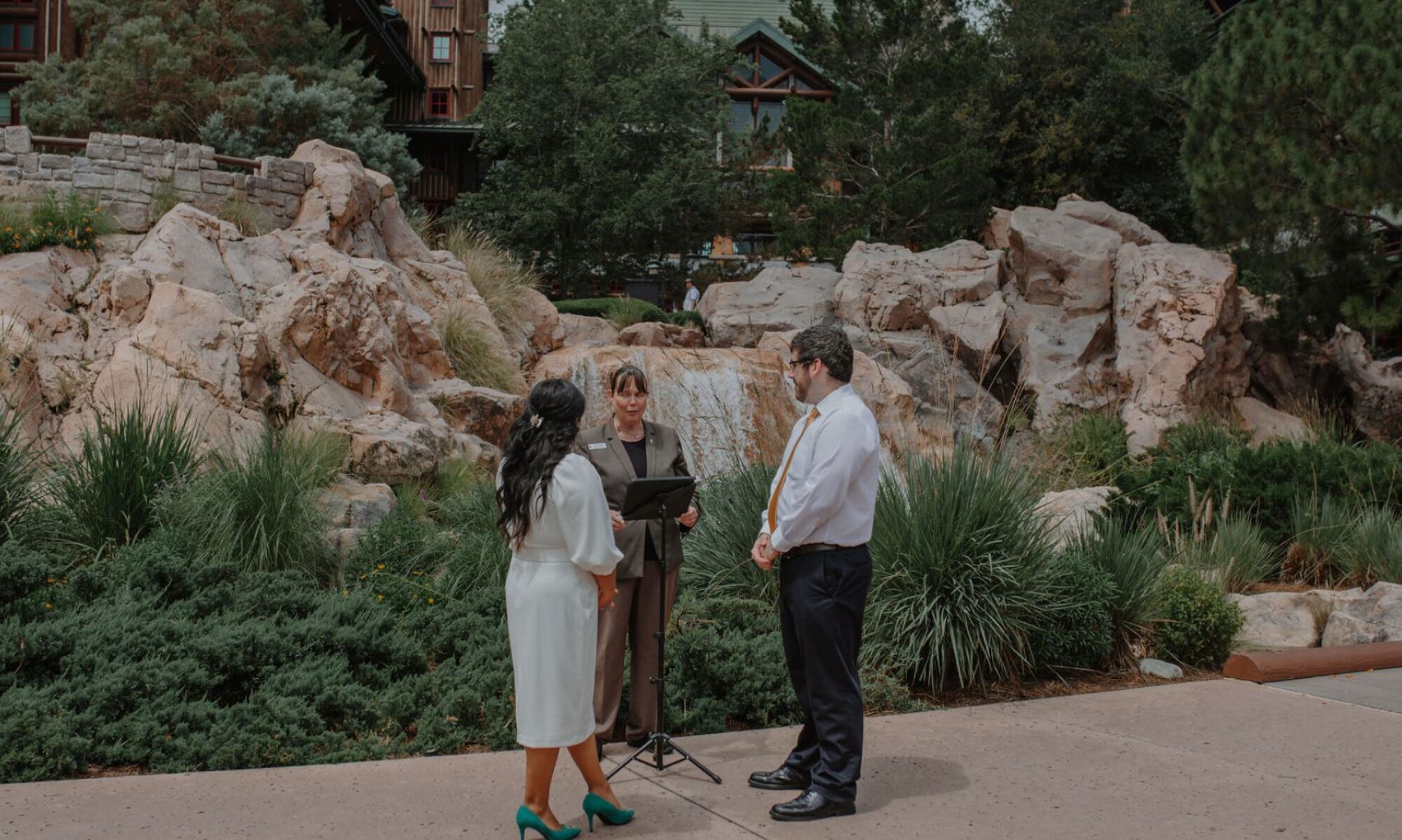Cover Photo Credit: Luis Xavier De Peña, Watermark Magazine
Bliss Health holistically serves a diverse community of people seeking to maintain or improve their health, relationships, and quality of life.
Bliss TRANSformation, one of their programs, is an annual conversational educational series that helps trans people learn ways to cope with the societal difficulties of being trans, become advocates for themselves and other transgender individuals, build leadership skills, and live successful lives. Bliss Health also facilitates and pays for each graduate’s legal name change. The TRANSformation program welcomes trans men, trans women, and anyone who identifies as non-binary.
The 2023 program, which had 60 participants, culminated in a graduation ceremony held at Typhoon Lagoon. It served as the kick-off of One Magical Weekend, the LGBTQIA+ Weekend at Walt Disney World Parks.
What a way to kick off Pride Month!
As part of their graduation ceremony on June 2nd, it was my honor to deliver the graduation keynote in the form of a group Transgender Naming Ceremony. Surrounded by family and friends, these graduates celebrated a pivotal milestone.
Ceremonies and rituals are deeply rooted in the art of flourishing as humans. They are a framework to commemorate, understand, share, and remember significant moments in our lives. They bring people together for a common purpose and foster & strengthen a sense of togetherness. Through ceremony, we experience a connection with something greater than ourselves like the community around us, or a relationship with culture and tradition.
A Transgender Naming Ceremony can hold tremendous meaning for those marking a transition to a new identity and a name that resonates with their true self. An affirming ceremony recognizes, acknowledges, and honors the courage it takes to be audaciously genuine. It can validate that individual’s journey and signify acceptance from those around us. It also provides healing and closure on the journey of self-acceptance and authenticity.
“…Throughout your life you have been swimming against the rushing current of cis-het norms and expectations. No matter how difficult, how scary, or how many times you were on that journey in solitude, you remained true to yourself. Your integrity and fortitude brought you here today. But you did not come here today in solitude. You came in solidarity, together with one another and with Bliss Health and all of the professionals, friends, family, allies, and advocates who have stood, and will continue to stand, with you…”
Ceremonies often contain rituals, like wedding unity rituals and water rituals in baby welcomings/namings. At the Transformations graduation, we joined in a community name-honoring ritual that celebrated each person’s new name, then we joined together in pledging to continue in positive self-care and to be a light in the world for others. We ended with a Humanist invocation before one last high-energy group participation moment. You just had to be there. 🙂
Congratulations to all of the graduates and thank you to Bliss Health for providing this important program that clearly made such an impact on each individual.
Mr. Rogers (no relation…) once said that when we see scary things in the news, “Look for the helpers. There are always people helping.” And the news these days can be scary indeed. The wisdom in looking for the positive is that what we choose to focus on informs our thoughts, which become actions, which define our character.
When we “look for the helpers”, we’re intentionally focusing on positive forces like Bliss Health’s TRANSformations program – and Nathan Bradley, the program’s fantastic coordinator – for inspiration to understand a little of the journey others are on – to walk a few steps in their shoes – and to find ways that we can make a difference for those around us.

LINKS
Bliss Health: Website
Watermarkonline.com event photos by Luis Xavier De Peña



















